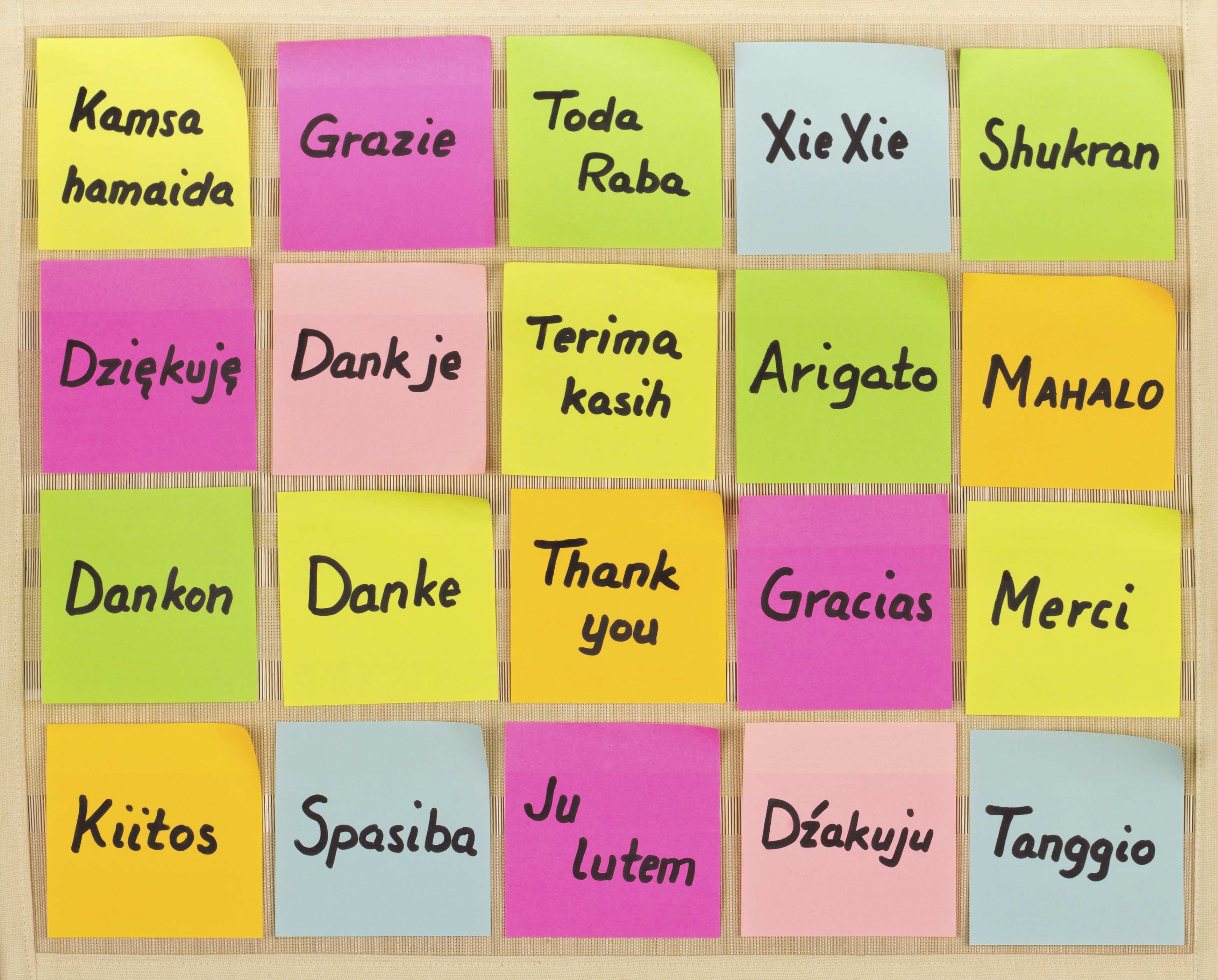Last weekend, we celebrated Thanksgiving here in Vancouver, Canada. I’ve already finished the leftovers my mom sent me home with, but the idea of giving thanks remains (because it’s not stuffed or wrapped in bacon). Expressing gratitude is one common sense tool for cultivating happier relationships, and there’s plenty of research to back it up.
In 2010, Sara Algoe and colleagues found that reflecting upon your partner’s kind acts can enhance your feelings of connectedness and overall relationship satisfaction. Appreciation of the little things, like when your partner peels all the potatoes (your least favourite) for Thanksgiving dinner or picks you up a pumpkin spice latte (your favourite) just because, preludes big opportunities for relationship growth.
Monica Bartlett and her team built upon this finding, asking how gratitude strengthens social bonds. They found that gratitude does not merely incite a tit-for-tat mentality, but rather fosters behaviours that are good for relationships. You want to spend more time with your benefactors, for instance. You’re also more likely to preference your partner in social activities, and make sacrifices to do so, if you feel grateful toward him or her.
These studies highlight how counting your blessings helps you. New research by Algoe and colleagues shows how the act of expressing gratitude means greater relationship satisfaction for not only the expresser, but also the target.
Seventy-seven couples took part in the study, published in the journal Emotion. They completed an initial relationship assessment, two lab sessions and one follow-up questionnaire six months later. Participants were 28 years old on average, heterosexual and about four years into their relationships.
In the first lab session, couples discussed everyday events—one positive and one negative—with each other. In the second, they were instructed to reflect upon and then thank their partners for a recent, thoughtful gesture. Afterwards, participants rated how responsive they felt their partners had been during each exchange. This was compared to ratings of relationship satisfaction after six months.
It’s no surprise that expressions of gratitude predicted higher levels of future relationship satisfaction for the benefactor, while disclosure of everyday events did not. What’s interesting is that the researchers identify “momentary psychological impact from hearing an expression of gratitude” as an indicator of future relationship health. Could the emotion of a moment really have such far-reaching implications?
The authors recognize the limitations implicit in their study design: the lab sessions may have “served as an unassuming intervention…[and] causally jump-started the proposed upward spiral of gratitude.” Well, that doesn’t sound so bad. Whether it’s a solitary thank you, or one that plants the seed for many, showing appreciation for your partner is an easy way to keep your relationship on track.
Dido, not unlike her nineties pop counterparts, says it well:
***
REFERENCES
Algoe, S.B., Fredrickson, B. L, & Gable, S.L. (2013). The social functions of the emotion of gratitude via expression. Emotion, 13, 605-609.
Algoe, S.B., Gable, S. L., & Maisel, N. (2010). It’s the little things: Everyday gratitude as a booster shot for romantic relationships. Personal Relationships, 17, 217-233.
Bartlett, M.Y., Condon, P., Cruz, J., Baumann, J., & DeSteno, D. (2012). Gratitude: Prompting behaviours that build relationships. Cognition & Emotion, 26, 2-13.











